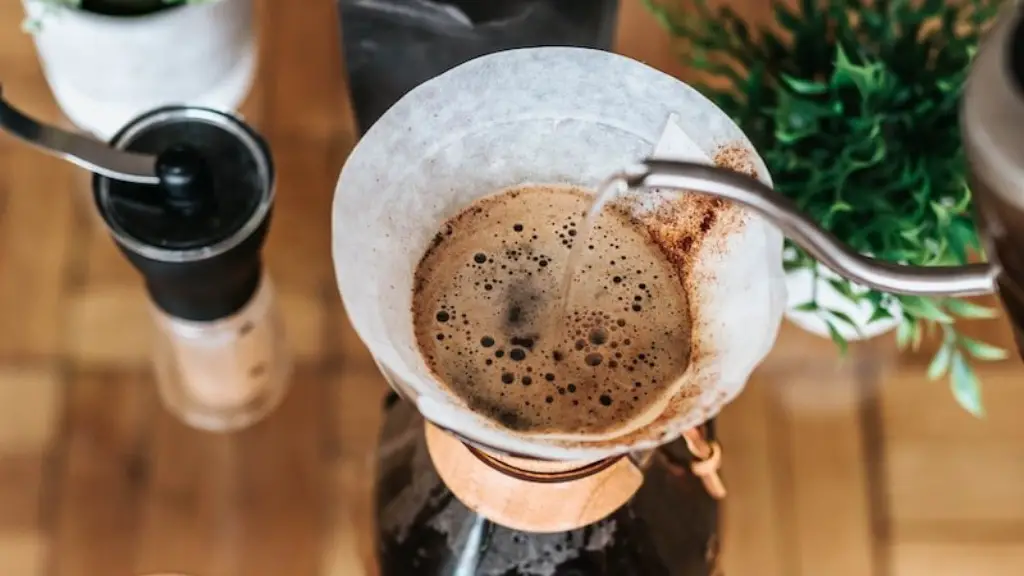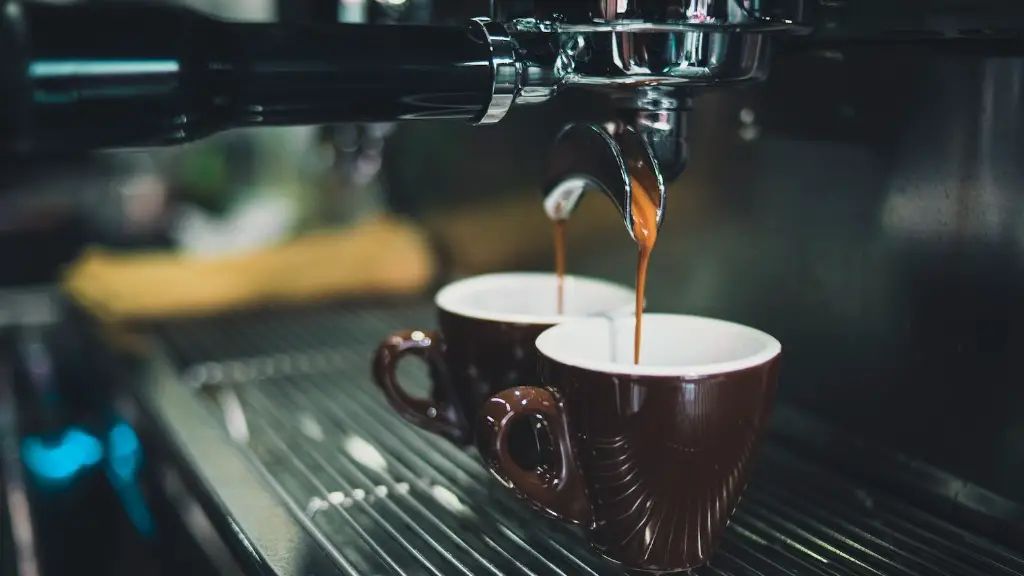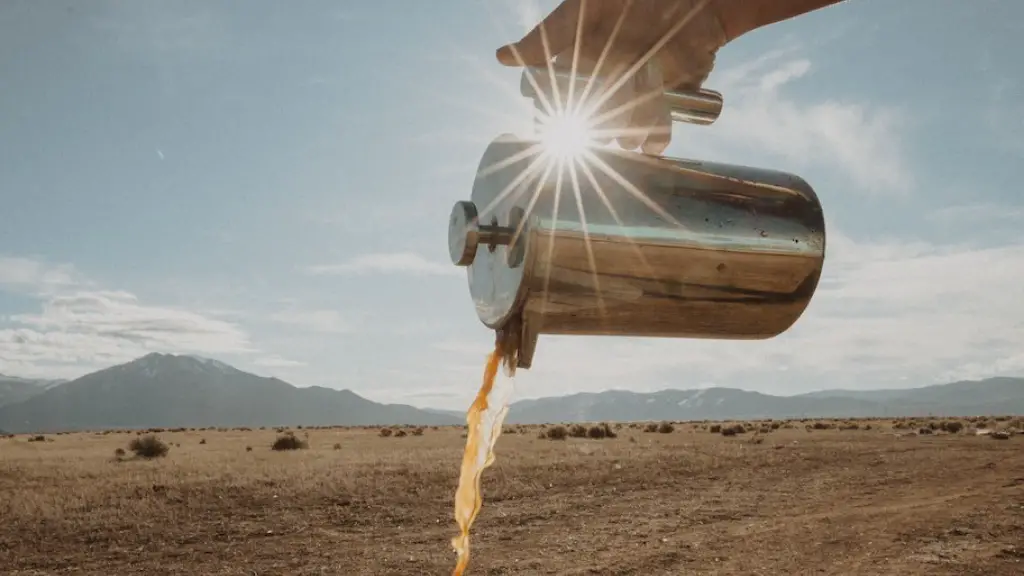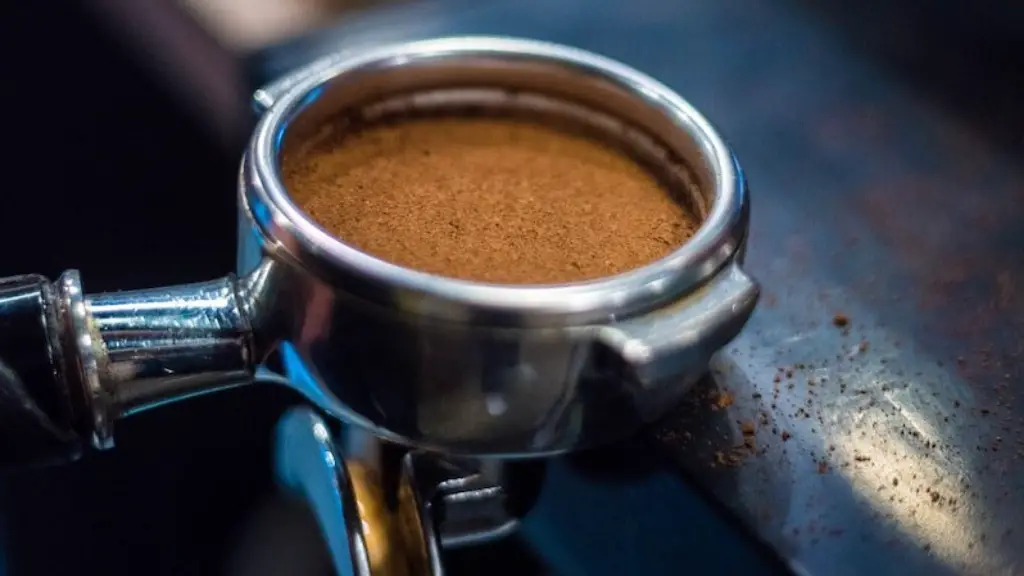Coffee. The world’s most loved drink. The fuel of choice for countless people in the United States trying to make it through their work or school day. For some, it’s just a morning ritual, for others, it’s an obsession. But what does the average American coffee drinker look like? How many people are drinking coffee in America?
On average, Americans consume 3.1 cups of coffee per day. In 2018 alone, approximately 150 million Americans drank coffee on any given day. Still, this doesn’t mean that all of them like coffee. 52% of Americans over the age of 18 prefer to drink coffee and as many as 63% of adults in the US drink it every day.
The consumption of coffee has grown significantly over the last decade. According to the National Coffee Association, consumption of coffee among adults has gone up 5% since 2017. In the US, people between the ages of 18 and 24 are the most likely to drink coffee, with the frequency usually decreasing with age. On the other hand, statistics show that more women than men drink coffee.
But, are Americans addicted to coffee? Research shows that drinking coffee – even multiple times a day – is not harmful. In fact, some experts say that sipping on several cups of coffee per day can actually be beneficial to one’s health, leading to improved wellness and mental clarity. That said, moderation is key. Too much of anything can be bad for you — even coffee.
When it comes to what type of coffee most people choose, a 2018 survey by the National Coffee Association found that many Americans still opt for regular old brewed coffee. 28% of the participants stated that they enjoy espresso-based drinks, whereas 26% opt for cold brews.
Home Coffee-Makers
A recent study by the Specialty Coffee Association of America revealed that the majority of American households have a coffee-making machine at home. About 54 percent of the Americans surveyed have a drip coffee maker while 23 percent have a single-serve machine.
The survey also showed the reasons why people choose to brew coffee at home. The most common reason is that people consider it to be a better quality than what they serve at restaurants. Other reasons people choose to make coffee at home include being more affordable (81%), convenient (58%), and a variety of flavors (50%).
In recent years, people’s preferences for coffee have changed. Quality and flavor are the most important factors for those who prefer a homemade brew. Since the introduction of coffee pods, coffee tastes changed dramatically. The coffee makers that can make both espresso-based coffee and creamy cappuccinos are becoming more popular among the home coffee drinkers.
Nowadays, the diversity of coffee makers and coffee machines on the market allows for a great variety of needs to be met. Whether it’s a filter coffee maker, a French press, an espresso machine, or a cold brew machine, there’s something for every one of us. And this is the case even for those who don’t have much counter space in their kitchen.
Coffee Shops
Coffee shops have seen a significant increase in popularity over the last few years. Indeed, it has become an increasingly popular way for people to consume their daily cup of coffee. It is seen as a great way to treat yourself, spend time with friends, or even get some work done. In 2018, Americans visited coffee shops an average of 8 times a month.
Coffee shops in the US come in all shapes and sizes, ranging from small independent coffee shops located in residential neighborhoods to large chain coffee shops found in shopping malls. The most common type of coffee shops are the independent coffee shops, which account for 79 percent of the total market share in the US. Chain coffee shops still dominate the market (21%) but the growth rate of independent coffee shops is higher.
These coffee shops have become popular because they offer a wide range of specialty coffee beverages. People can choose their favorite type of coffee, whether it’s an americano, cappuccino, latte, macchiato, mocha, or other espresso-based coffee drinks. The choice of espresso beans also plays an important role in the selection of coffee beans.
Moreover, many of these coffee shops provide coffee drinkers with a unique coffee experience. Some are even equipped with coffee grinders, allowing for freshly ground coffee to be made on-site. This allows for coffee to be made to an individual’s unique preferences.
Environmental Impact
At the same time, it is important to address the environmental impact of our coffee consumption. Making a single cup of coffee requires a significant amount of resources, including water, energy, and beans. It is estimated that the average American uses around 24 gallons of water and 20 pounds of beans per year.
In addition, most coffee consumption in the US involves disposable single-use paper filters. These filters are usually made from paper, plastic, or other materials that are not biodegradable, increasing their impact on the environment. The amount of disposable paper filters used in the US alone is around 25 billion. Reducing our use of single-use paper filters is a great way to reduce our impact on the environment.
To be sure, many of us enjoy the convenience of being able to grab a cup of coffee for free or for just a few bucks. But it’s important to be mindful of the environmental impact of our coffee consumption. By reducing our use of single-use paper filters, choosing reusable coffee mugs and tumblers, and purchasing sustainable coffee beans, we can reduce our environmental footprint and make a positive impact.
Societal Impact
Coffee has become a part of our society and our daily rituals. It is often seen as a symbol of productivity and success and is part of the shared cultural identity of many people around the world. As a result, it can have both positive and negative impacts on individuals and communities.
On the one hand, coffee can provide an opportunity for social interaction. For those with limited time or resources, getting coffee at a coffee shop or making a homemade brew can be an affordable way to share a moment with a friend or colleague. It can also provide an opportunity to discuss a shared experience or idea.
On the other hand, excessive coffee consumption can lead to health problems such as insomnia, headaches, and stomach issues. Studies have also shown that coffee can affect mental health, causing anxiety and leading to increased stress levels. It is therefore important to be aware of our coffee consumption and to be aware of the potential side effects of excessive coffee consumption.
Conclusion
The popularity of coffee in the US continues to grow, with an estimated 150 million Americans drinking coffee on any given day. While the majority of people prefer to make coffee at home, the growth of independent and chain coffee shops presents a convenient and affordable way to consume your daily cup of joe. At the same time, it is important to be mindful of the environmental and societal impacts of our consumption habits. By making smarter choices such as reducing single-use items and being aware of potential health impacts, we can move towards a more sustainable and responsible coffee culture.





